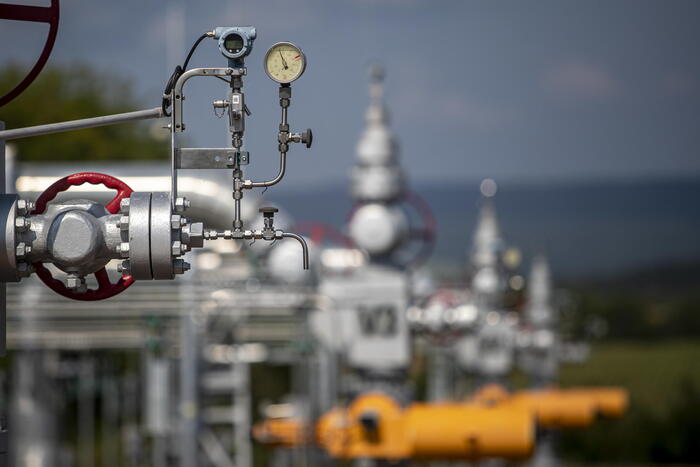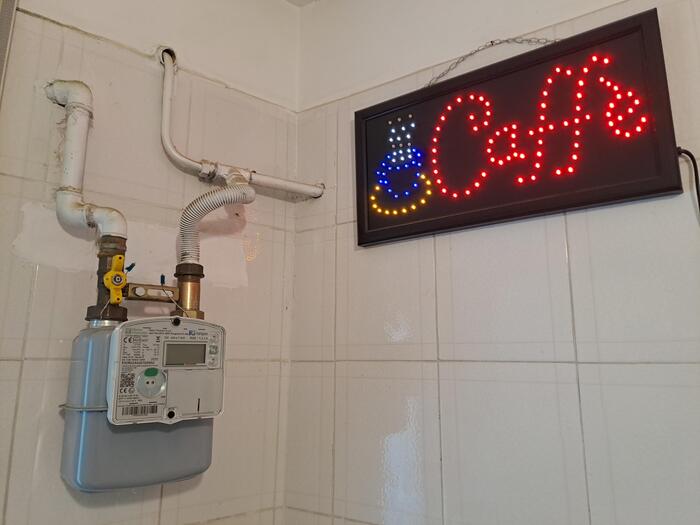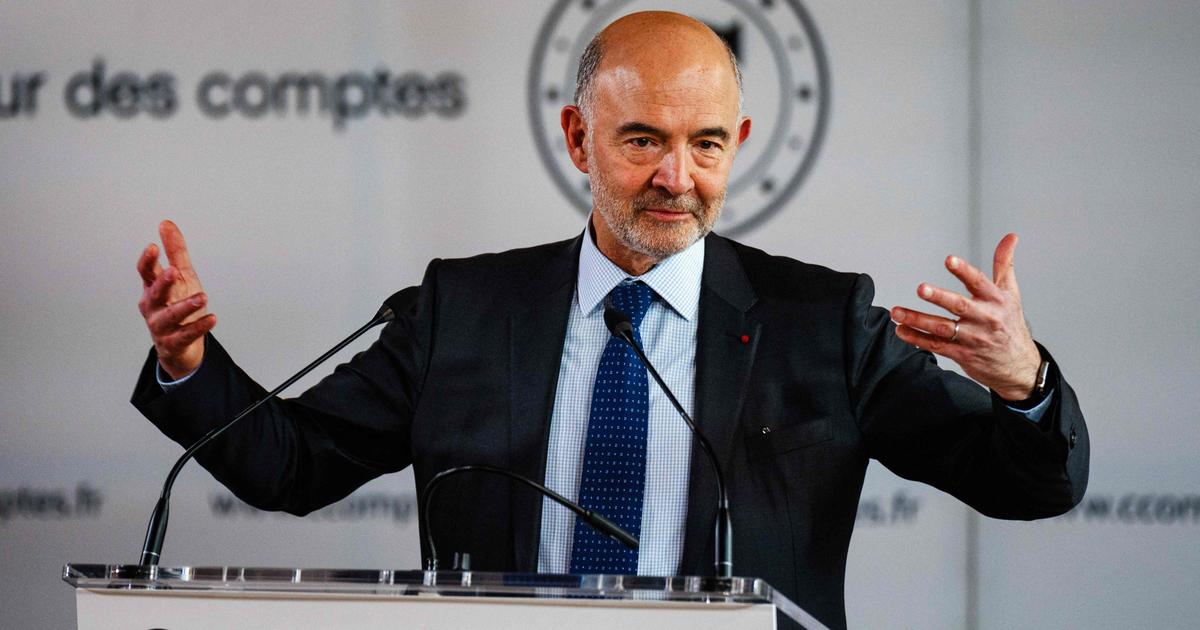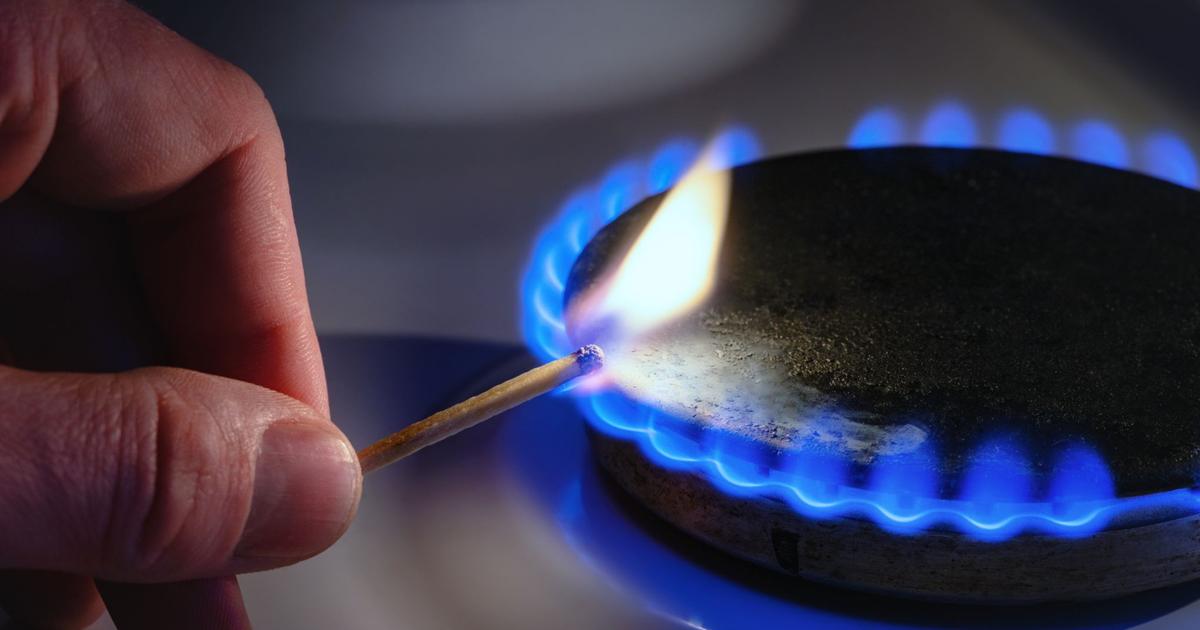The gas bill for families who prefer the "enhanced protection service" with the prices set by the Regulatory Authority for Energy, Networks and the Environment is growing: the so-called protected market.
According to communications from Arera, after the drop in October (-12.9%),
based on the trend of the Italian wholesale market for the typical family, growth of +13.7% was recorded in November compared to October
.
The price of the gas raw material for customers with contracts in protected conditions is therefore set at 91.2 euros per megawatt hour, equal to the average of the prices recorded daily throughout the month that has just ended.
In terms of final effects - reports Arera - gas expenditure for the typical household in the year (between 1 December 2021 and 30 November 2022) in the so-called protected market is around 1,740 euros, equal to an increase in 63.7% compared to the equivalent 12 months of the previous year (December 1, 2020 - November 30, 2021).
A significant increase but, according to what the Union of Consumers points out, decidedly less impactful than the increases recorded in gas bills on the free market.
Here the increase from January to October 2022 alone was 130.6%.
The price of petrol
and diesel is also growing following the cut in the excise duty reduction that started on December 1st
.
As hoped, the increase in pump fuels hasn't had the spike feared because oil companies have partially absorbed the 12 cents per liter increase in excise taxes.
In fact, from 1.644 euros per liter on 30 November, the average price of petrol rose by just 5 cents and settled - according to data from the Quotidiano Energia - at 1.696 euros.
In the coming days we will see how the companies will behave, also taking into account the various variables that affect the energy products market, not least the trend in temperatures for next winter.
Today the price of gas on the Amsterdam market took a downward trend and after falling below 130 euros per megawatt hour it closed the trading day at 135 euros per megawatt hour, or down by 2.65 euros.
The trend was favored by an increase in LNG flows, winter temperatures mild enough to allow for less recourse to storage and finally the hope of a forthcoming European agreement on the price cap.
Crude oil prices also declined, with WTI close to 81 dollars a barrel while Brent below 87 dollars
.
Meanwhile, European diplomats have concentrated on reaching an agreement on the gas price ceiling in Europe or, if not exactly a ceiling, at least a common mechanism for controlling speculation with variable indices, in view of the extraordinary Energy Affairs Council on 13 December.
There are currently several options in the field.
On the table, a compromise proposal from the Czech presidency is expected to cap the Amsterdam TTF index at 264 euros.
Another proposal is the paper that Italy, Greece, Poland, Belgium and Slovakia are working on which puts two options on the table: a fixed ceiling of 160 euros and a dynamic price cap.
But the road to an agreement still seems far away, according to the Italian environment minister Gilberto Pichetto "a solution may not even be reached".
Instead, surprisingly, a few days after the entry into force of the embargo on Russian oil by sea
, the European Union would have reached an agreement on the ceiling on oil.
The Czech presidency tweeted that the ceiling was set at $60 a barrel
.
Poland, which has been pushing for a lower ceiling, has withdrawn its objection to the European proposal.
The United States has welcomed the price cap which - said White House National Security Council spokesman John Kirby - "will help limit the capacity of Putin's war machine" in Ukraine "The agreement, coordinated with the G7 and other partners, will significantly reduce Russia's revenues, help us stabilize global energy prices, benefiting emerging economies around the world, and be adjustable over time so we can react to market developments." President Ursula von der Leyen echoed.









